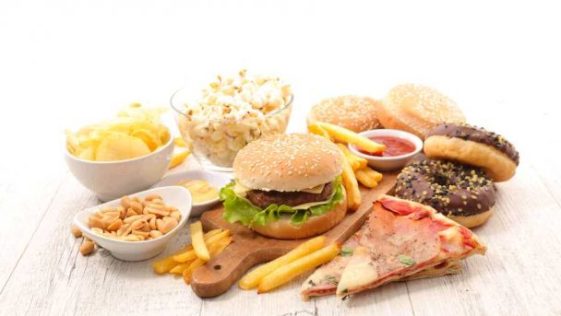
Are you on the hunt for a new weight loss diet? If so, you have many options to choose from. Some diets may give you the desired results safely, but others are not safe or healthy in the long term.
So how do you choose one? It’s best to weigh the pros and cons before you make a decision.
Best Weight Loss Diets
Before you pick a diet, take a look at the list below:
1. The Paleo Diet
Eat like your hunter-gatherer ancestors? That’s what this diet claims you should do. The diet focuses on foods like:
- Lean protein
- Nuts
- Seeds
It discourages eating sugar, dairy, grains, and processed foods.
Pros:
- Studies support reduced waist size and substantial weight loss
- Reduced heart disease risk
Cons:
- Eliminates foods that are healthy and nutritious like dairy, legumes, whole grains
2. The Keto Diet
Ketogenic or “keto” diets are very trendy. This is a low-carb, high-fat diet. The idea is to deprive your body of glucose and force it to use alternative fuel, or ketones, from fat. The process is called ketosis.
Following a keto diet, you would eat less than 50 grams of carbs per day. The ratios generally look like this:
- 70-80% of fats
- 5-10% carbs
- 10-20% protein
There are different versions of the keto diet. Some restrict carbs completely, while others make small allowances.
Pros:
- Satiating effect
- Decrease in appetite
- Increased metabolism
- Promotes fat loss
Cons:
- Keto “flu”-like symptoms
- Potential damage to kidney and heart
- Side effects like fatigue, bad breath, constipation, sleep issues, and decreased bone density
- Potential long-term negative nutritional impact
3. The Vegan Diet
Veganism is a lifestyle choice, but it also forms the basis of one of the most popular weight loss diets. This diet simply restricts all animal products.
Pros:
- Effective as a weight loss program because it’s fiber-rich and low in fats
- Consistently linked to lower body weight and BMI
- Reduced calorie intake
- Reduced risk of heart disease, type 2 diabetes, premature death
Cons:
- The ingredients can be expensive or difficult to find
- Reduced intakes of minerals and vitamins
4. The Atkins Diet
This diet is synonymous with low-carb diets. The idea behind it is to eat as many proteins and fats as you want and entirely avoid carbs.
The diet is divided into 4 phases. During the first phase, carb intake is restricted to 20 grams per day. You do this for two weeks. Afterward, you slowly reintroduce healthy carbs into your diet.
Pros:
- Eat fewer calories without thinking about it
- May lead to faster weight loss than low-fat diets
- Reduces belly fat
- Reduces risks of major diseases
- Improved blood sugar
Cons:
- Some people experience discomfort, such as constipation
- Risk of developing yo-yo dieting patterns
5. Intermittent Fasting
Rather than restricting what you eat, following an intermittent fasting diet adjusts when you eat. Some popular ways to fast include:
- Eat-stop-eat method: fast for 24 hours once or twice a week, on non-consecutive days
- 16/8 method: skip breakfast, eating restrictions for 8 hours, fasting for the remaining 16 hours
- Warrior Diet: restrict eating to small amounts of raw vegetables and fruits throughout the day, follow with a large meal at night
- 5:2 diet: restrict eating to 500-600 calories on 2 non-consecutive days of the week, no restrictions on the remaining days
There are many ways to fast. Just make sure that you don’t fast for 48 hours straight.
Pros:
- Very successful for weight loss
- Short-term metabolism boost
- Reduces inflammation, cholesterol levels, blood triglycerides, and blood sugar levels
Cons:
- May not be as effective for women
- Not always an option for people with blood sugar problems or other health issues
The Takeaway
There’s no one diet that’s suitable for everyone. The best diets for weight loss will be the ones that suit your lifestyle and taste. You may have to try a few before you find one that works. But when you do, make sure to stick with it.
Sponsored stories
The information on this website is presented for educational purposes only. It is not intended as a substitute for the diagnosis, treatment, or advice of a qualified, licensed medical professional. The facts presented are offered as information only, not medical advice, and in no way should anyone infer that we are practicing medicine. Seek the advice of a medical professional for proper application of this material to any specific situation.
No statement on this website has been evaluated by the Food and Drug Administration. Any product mentioned or described on this website is not intended to diagnose, treat, cure, or prevent any disease. We recommend that you do your own independent research before purchasing anything.
If you purchase anything through a link in this email or website, you should assume that we have an affiliate relationship with the company providing the product or service that you purchase, and that we will be paid in some way.








